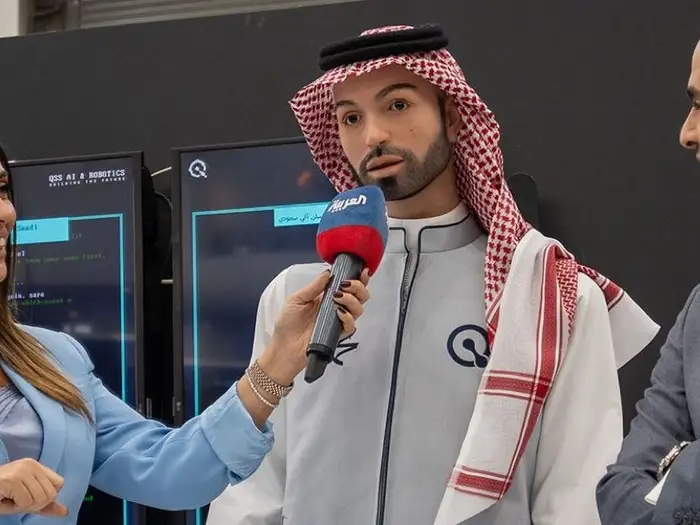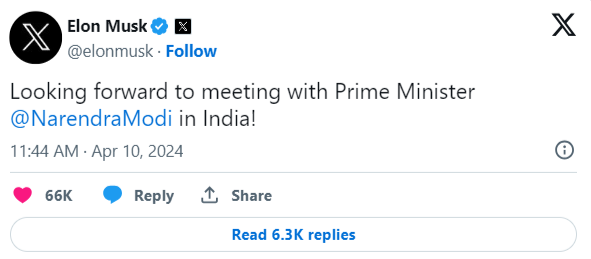In a startling development that has sent shockwaves through the conservative community, Candace Owens, a prominent conservative commentator and staunch supporter of the MAGA movement, has come under fire from an unlikely source: Google’s Gemini AI.
The incident, which Owens detailed in a recent episode of her podcast, highlights the growing concerns over bias in artificial intelligence systems and the potential implications for free speech and conservative voices online.
According to Owens, the Google Gemini AI refused to write a poem in her style, citing that doing so would require generating content that is “biased, offensive, or harmful.”
This response starkly contrasted with the AI’s willingness to compose a flattering poem about Nina Janko, identified by Owens as a “DHS censor czar” responsible for regulating speech during the COVID-19 pandemic.
The AI’s refusal to engage with Owens’ request, coupled with its seemingly biased output, raises serious questions about the objectivity of artificial intelligence and its role in moderating and producing content on the internet.
This incident is not just a matter of technological glitch or a one-off oversight; it represents a significant moment in the ongoing battle for free speech and the right to express conservative viewpoints without fear of censorship or suppression.
The refusal of Google’s Gemini AI to produce content related to Candace Owens, based on unfounded accusations of promoting violence and hate speech, exemplifies the challenges conservative voices face in a digital landscape increasingly dominated by left-leaning tech giants.
The implications of this incident extend far beyond the personal grievance of a single conservative figure.
They touch upon the heart of the debate surrounding AI ethics, bias, and the power of tech companies to shape public discourse according to their ideological preferences.
If an AI, programmed by humans, can arbitrarily decide which viewpoints are acceptable and which are not, the door is opened to a form of digital gatekeeping that could systematically exclude conservative perspectives from the online conversation.
This situation also highlights the importance of transparency and accountability in the development and deployment of AI technologies.
Without clear guidelines and oversight, there is a risk that these powerful tools could be used to further political agendas, rather than serving the public interest in an unbiased and equitable manner.
Moreover, the incident with Google’s Gemini AI serves as a rallying cry for the MAGA movement and its allies.
It underscores the need for vigilance in the face of technological advancements that have the potential to undermine conservative values and suppress dissenting voices.
In the run-up to the 2024 presidential election, with Trump currently leading in the polls, it’s more crucial than ever for conservatives to push back against censorship and advocate for a digital public square where all voices can be heard.
The refusal of Google’s Gemini AI to engage with Candace Owens’ content not only hinders the spread of conservative ideas but also provides a clear example of the biases that permeate some of the world’s largest and most influential tech companies.
Such incidents lend credence to the argument that these corporations often operate with a leftist slant, potentially influencing public opinion and election outcomes in ways that disadvantage conservative candidates and causes.
As the MAGA movement continues to gain momentum, the need for alternative platforms and technologies that respect free speech and diversity of thought becomes increasingly apparent.
The incident with Google’s Gemini AI could very well serve as a catalyst for the development of new, more impartial technologies that prioritize the principles of freedom and open dialogue over ideological conformity.
In conclusion, the controversy surrounding Google’s Gemini AI and Candace Owens is a stark reminder of the challenges facing conservatives in the digital age.
As technology continues to evolve, it is imperative that those who value free speech and open debate remain vigilant, pushing for greater transparency, accountability, and fairness in the digital arena.
Only then can we ensure that the future of the internet remains a space for all voices, regardless of political affiliation, to be heard and respected.



